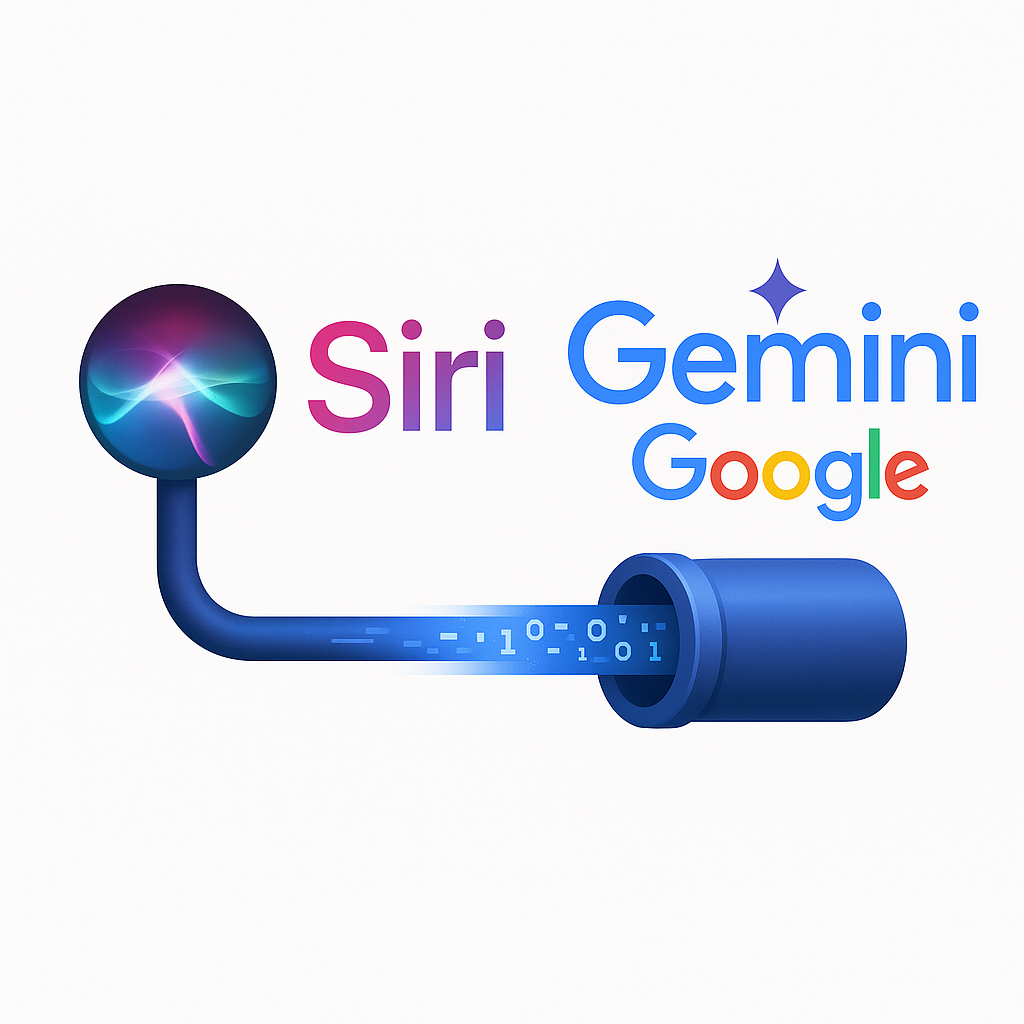Apple is reportedly transforming Siri into a full AI-powered search engine, codenamed World Knowledge Answers. Early reports suggest Apple may “borrow” Google’s Gemini AI — or potentially even plug into ChatGPT or Claude — instead of relying solely on its own technology.

This raises the big question: Is Apple’s strategy of borrowing AI smart, or does it doom them in the long run?
Apple doesn’t need to build AGI or compete with the labs at the frontier. Its strength is distribution: 1.8 billion active iPhones worldwide, where Siri, Safari, and Spotlight are pre-installed and default.
From this angle, Apple doesn’t need to chase AGI. It just needs to own the experience layer.
Google, however, has two things Apple lacks:
From this perspective, Apple may never “win” the AI war. At best, it fights for second place.
AI is heading toward a duopoly. Apple will lean on its 1.8B active iPhones to win the day-to-day entry points, not by inventing AGI but by aggregating the best models—Gemini today, potentially ChatGPT or Claude tomorrow—behind a seamless, privacy-first iOS experience with Siri as the hub. Google, meanwhile, retains a structural edge through vertical integration at massive scale—Gemini × Android × Chrome × Search—and a larger global footprint that’s hard to unseat. The cultural contrast explains Apple’s slower model story: despite $65B in cash, it still lacks a homegrown foundation model; Elon spun up xAI in six months, and Google even brought Sergey Brin back to accelerate Gemini, while Apple shipped nothing concrete. That’s not about money or talent—it’s culture. Apple’s DNA is “perfect or nothing,” great for iPhones and MacBooks, misaligned with AI’s “ship → iterate → scale.” Tim Cook is a world-class operator, not a Steve-style product visionary; unless Apple acquires that kind of energy, it will likely keep playing catch-up. Practically, Apple is a hardware company whose moat is devices; its ecosystem thrives on third-party developers. AI will likely follow the same arc: wait for commoditization, then integrate beautifully, routing tasks across Gemini/ChatGPT/Claude while Apple owns the interface and defaults. Bottom line: models are interchangeable; distribution and experience are the defensible layer—but globally, Google’s scale won’t be easy to dethrone. The live question is: can “perfect later” really beat “iterate now”?